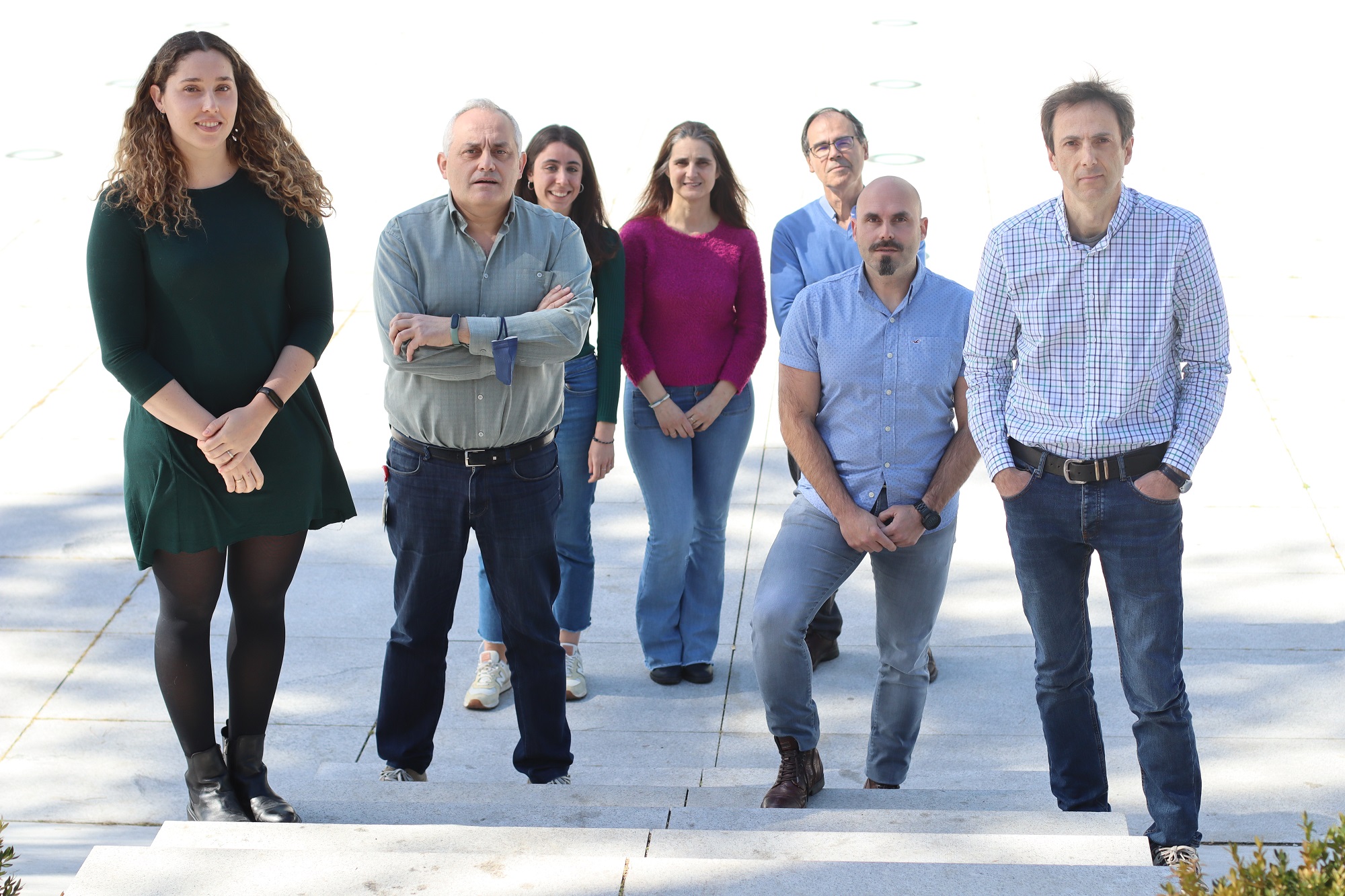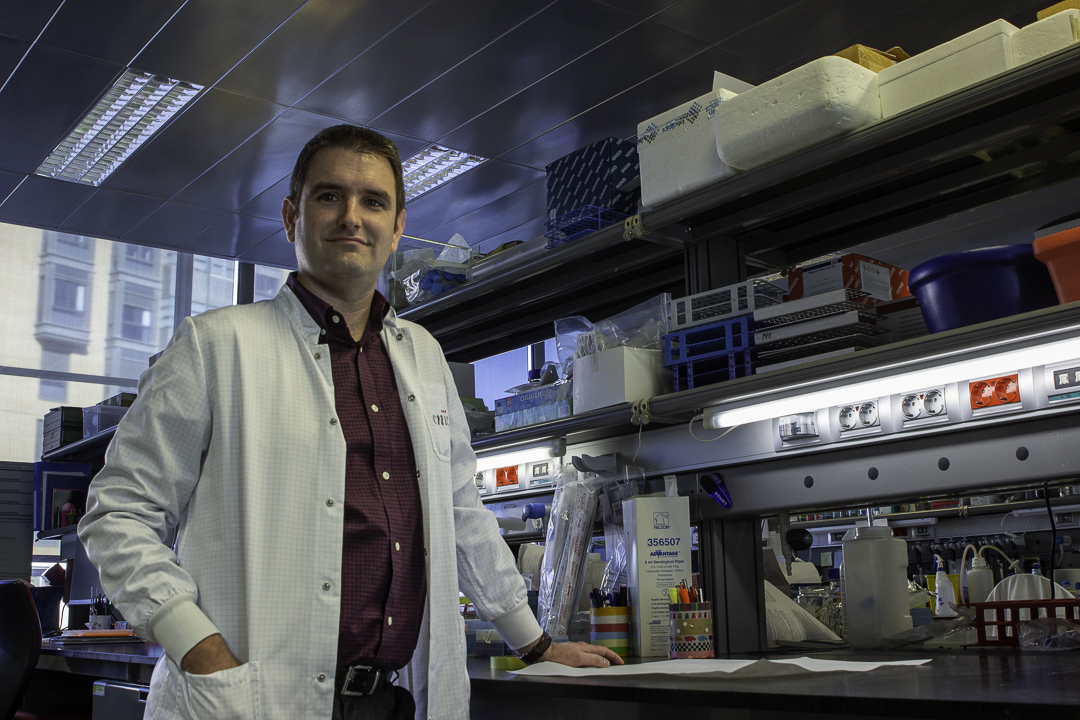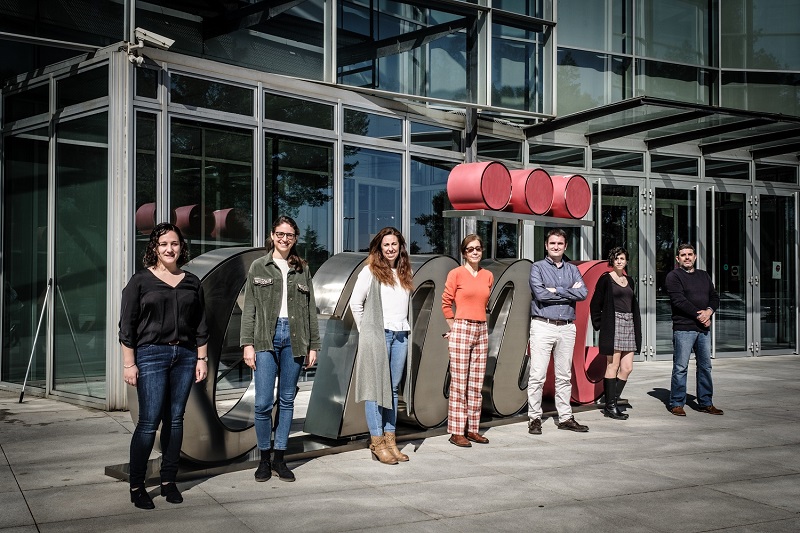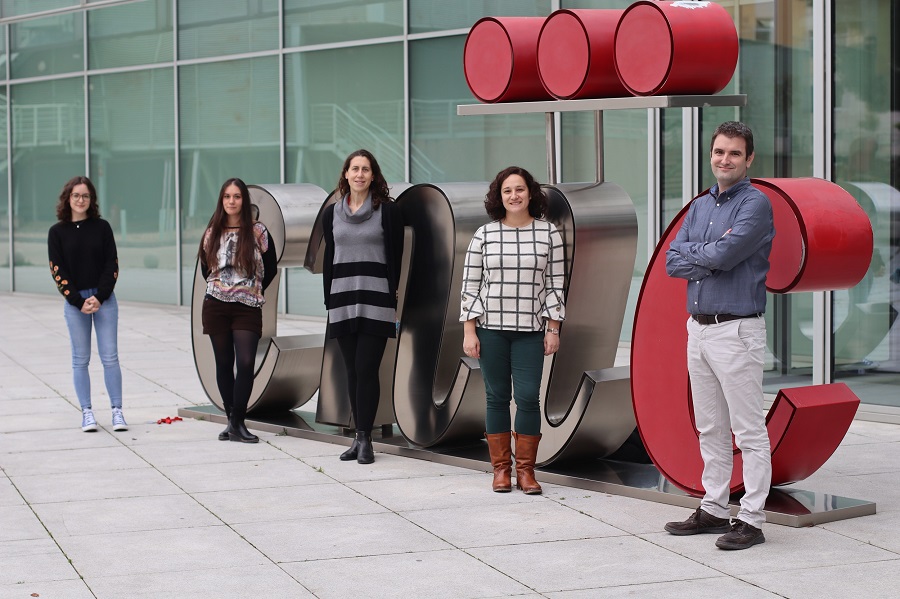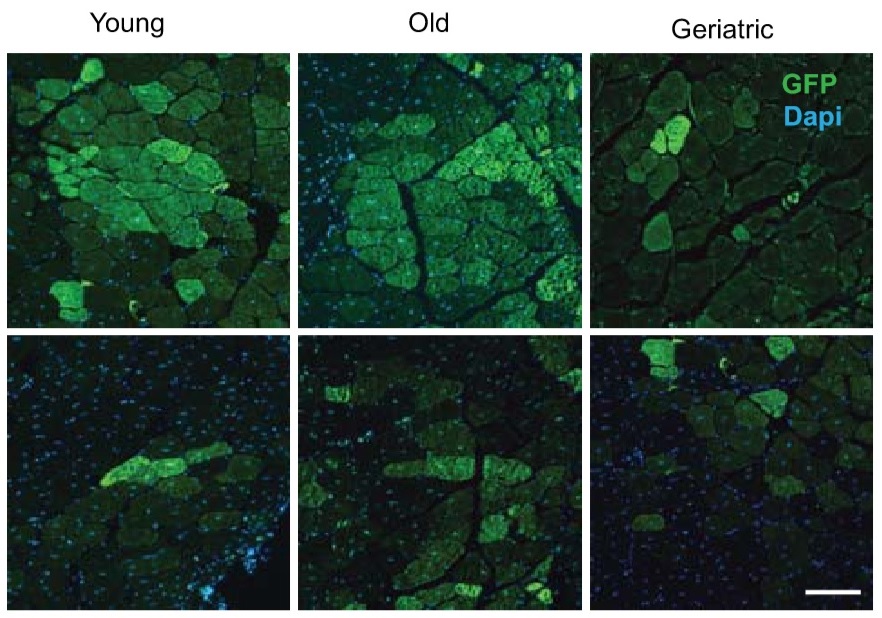News search
|
Research 18 Apr 2022 The research will provide insights into the development of potential treatments for neurological diseases and obesity, among other human conditions |
|
Research 3 Mar 2022 Most biological processes require the import to the cell nucleus of key regulatory factors; one of the most important of these factors is the protein YAP |
|
About the CNIC 23 Feb 2022 Researchers from the CNIC and Columbia University (USA) review the role of acquired mutations and clonal hematopoiesis in cardiovascular disease |
|
Research 5 Jan 2022 Scientists at the CNIC have developed a simple model for studying the behavior of immune cells in live animals and have identified a harmful cell behavior pattern associated with cardiovascular disease |
|
Research 18 Oct 2021 Researchers from the National Center for Cardiovascular Research and the Pompeu Fabra University describe in Science a new mechanism for muscle regeneration after physiological damage |
|
About the CNIC 19 Jul 2021 The Severo Ochoa Centre of Excellence accreditation awards one million euros funding per year over four years |
|
Research 5 Apr 2021 The study, carried out at the Centro Nacional de Investigaciones Cardiovasculares (CNIC) and the Hospital Universitario Virgen de Arrixaca in Murcia, establishes clonal hematopoiesis as a new cardiovascular risk factor and an important link between aging and cardiovascular disease |
|
Research 3 Feb 2021 Researchers at the CNIC have discovered that dendritic cells, which initiate specific immune responses, can reprogram their genes to improve their immune response |
|
About the CNIC 23 Dec 2020 The project will investigate the role of clonal hematopoiesis—the formation of mutated hematopoietic stem-cell clones promoted by anti-cancer therapies—in the development of atherosclerosis and associated cardiovascular disease |
|
Research 27 Oct 2020 The finding provides a basis for mitigating the loss of muscle regenerative capacity in very elderly people. |
- ‹ previous
- 4 of 9
- next ›

